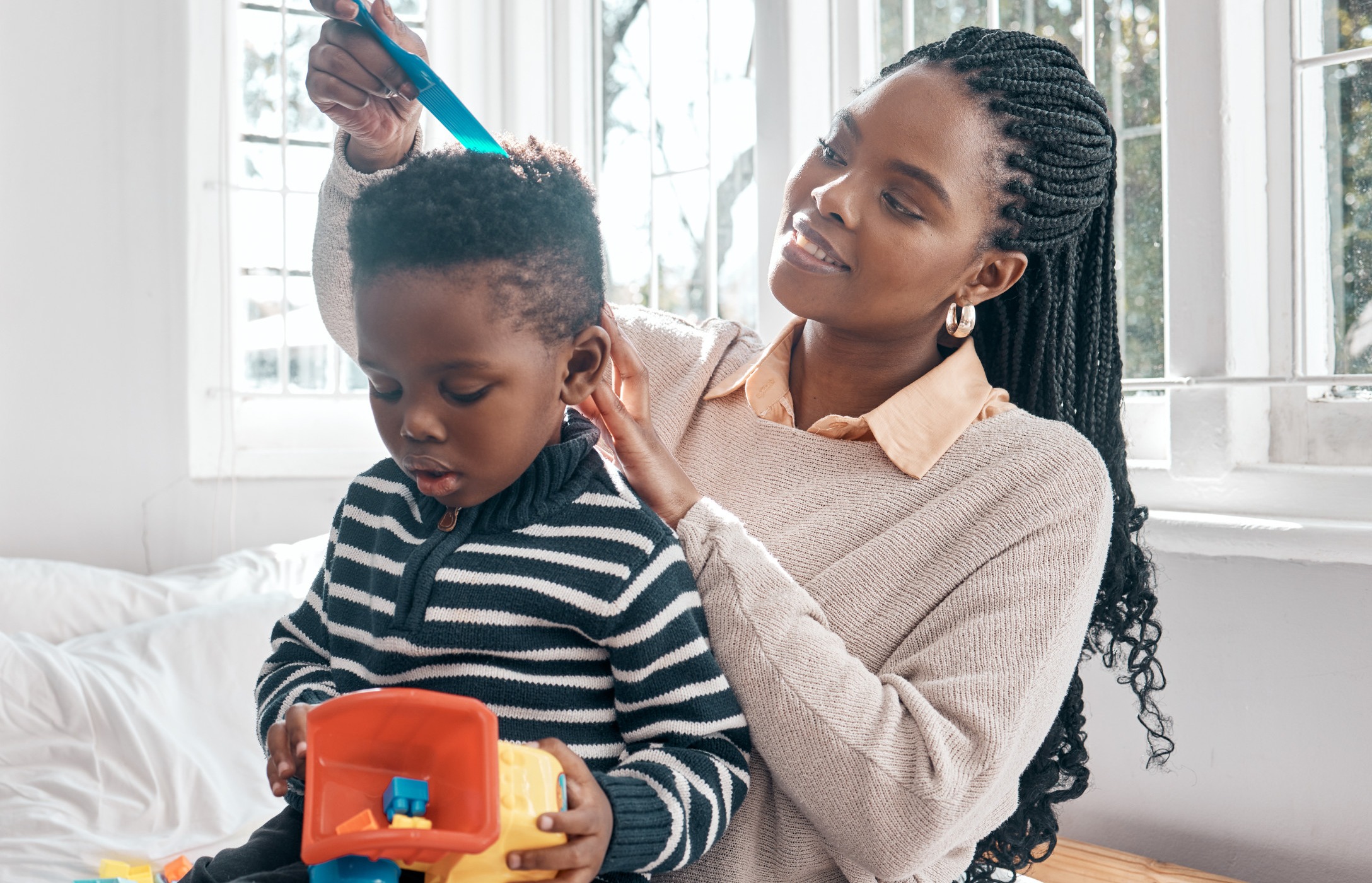
There is a history of domestic violence in my family. I learned about it by the time I was in third grade. As a child, one of my favorite pastimes was listening to my grandmother share stories from her life. One night in particular, she was speaking about my grandfather. I knew they were divorced, but was too young to know the reasons why. At least that’s what my grandmother told me when I’d ask outright. She told me she wanted me to honor and respect him.
But I was always nosey and I knew eventually that those stories my grandmother told, would lead me to the truth about the dissolution of their marriage. One night, it happened. In one of her stories, my grandmother shared some nondescript detail about my grandfather and immediately — whether it was an innate childhood wisdom or some type of cellular knowing — I deduced at least one of the reasons for their divorce. Having cracked the code, I blurted, “Did he hit you?”
My grandmother, a woman known for her witty retorts and slick tongue, fell silent. It was all the confirmation I needed. Once the truth was out, my mother, who was privy to this violence, went about the business of preparing my sister and I on how to avoid violent men. She’d use Lifetime movies to highlight early warning signs of abusive behavior — abusers rarely deviate from the script. She issued warnings about having our own money, recognizing controlling behavior, following our intuition when something felt off. She and my father were strategic about building our self-confidence and self-worth.
I received my warnings about the dangers of intimate partner violence at a young age, and by the time we were teenagers and in our early 20s, my peers — whether through tales or their own trial and error — knew about these signs, too. The information was, and is, crucial for survival.
Now that I have a child of my own, I think about what type of lessons from our family history I’d like to share. I want my baby to benefit from the lived experiences of his ancestors, both good and bad. I want to prepare him in the way we were prepared. But with men being more likely to perpetuate violence in a romantic relationship than to be the victim of it, his education needs to be a little different.
I don’t know if you’ve noticed, but there’s not a lot of discussion about domestic violence awareness and prevention aimed at men. Instead, much of it is about warning women, instead of educating men. All we tell little boys is “don’t hit girls,” and somehow we think that’s enough. I’m sure this lack of education contributes to the prevalence of intimate partner violence today. Nearly 20 people per minute are physically abused by an intimate partner in the US, according to the National Coalition Against Domestic Violence.
As a mom, I don’t want to add to the problem. Here are some things I want my son to know about domestic violence:
You have a family history.
I think one of the biggest misconceptions about domestic violence is that people think it couldn’t happen to them and doesn’t happen to people they know. People assume their loved ones are too strong, too self-assured to be a victim. Or they simply assume domestic violence is something that happens in other people’s homes.
It can and does happen anywhere. Approximately 3 in 3 women, and 1 in 4 men, have experienced some form of violent behavior in an intimate relationship. It has likely happened to someone you know.
Be mindful of your language around DV.
Often, when a victim’s story is made public, the conversation on social media, on television, and even in community, devolves into what the victim may have said or done. Questions are raised about the victim’s character rather than the perpetrator.
Witnessing these types of attitudes has the potential to keep other victims silent and ashamed. Be mindful of your language around domestic violence.
You can be a victim, too.
I can’t stand when people attempt to apply a woman’s issue to men when it doesn’t fit. But with domestic violence, that is not the case. Men are victims, too. And sadly much of the violence they experience at the hands of their partners goes unreported.
Male victims are silenced by society’s stigmas and even professionals, which leaves men feeling revictimized. If you’ve been abused by your partner, it’s OK to say something and get help.
Become emotionally intelligent.
We can recognize that most violent men are acting out of anger. But psychologists have called anger a secondary emotion. More often than not, it’s another — often unidentified — feeling that causes us to feel anger.
It can be hurt, sadness, feeling inferior. If more men were able to properly identify those root feelings, I believe they’d be less likely to respond in anger.
Control your anger.
Society conditions men to believe that the only acceptable way to express your emotions is through anger, and unchecked anger can lead to violence. Learn to recognize when you’re getting angry and develop tactics to help soothe yourself: whether that’s focused breathing or leaving a tense exchange, don’t let your anger cause you to physically hurt another person.
Check other men.
The number of violent acts committed against women at the hands of men are too high for so many men to claim they don’t know any perpetrators. Someone is lying. Often, men are opting to “mind their business” instead of speaking out and against bad behavior.
If you have a friend or associate who expresses violent thoughts or abusive thoughts to or about women, say something. And if you don’t feel comfortable speaking up, distance yourself from that man.
Be in support of women.
There are a lot of men calling themselves allies and advocates for women. They offer empty statements about their vow to protect women, but when women need their support, these men don’t show and prove.
Not only should you be a man of your word, but if you claim to support women, it’s a commitment you have to live out daily.
If you or someone you know has been the victim of domestic abuse, you can find help and support at DVIS.org, the National Domestic Abuse Hotline at 1-800-799-7233, or by contacting your local women's shelter [domesticshelters.org] (http://domesticshelters.org/).




